Artificial Intelligence (AI) transforms industries by automating tasks, boosting productivity, and introducing innovative solutions. However, this rapid technological evolution also threatens traditional job roles, creating uncertainty for many workers. Certain professions may face extinction as AI systems become smarter, faster, and more efficient. The impact is undeniable, from automation of repetitive tasks to advancements in robotics and self-service technologies. This article explores 11 reasons your job might not exist in 2025 due to AI’s profound influence.
Automation of Repetitive Tasks
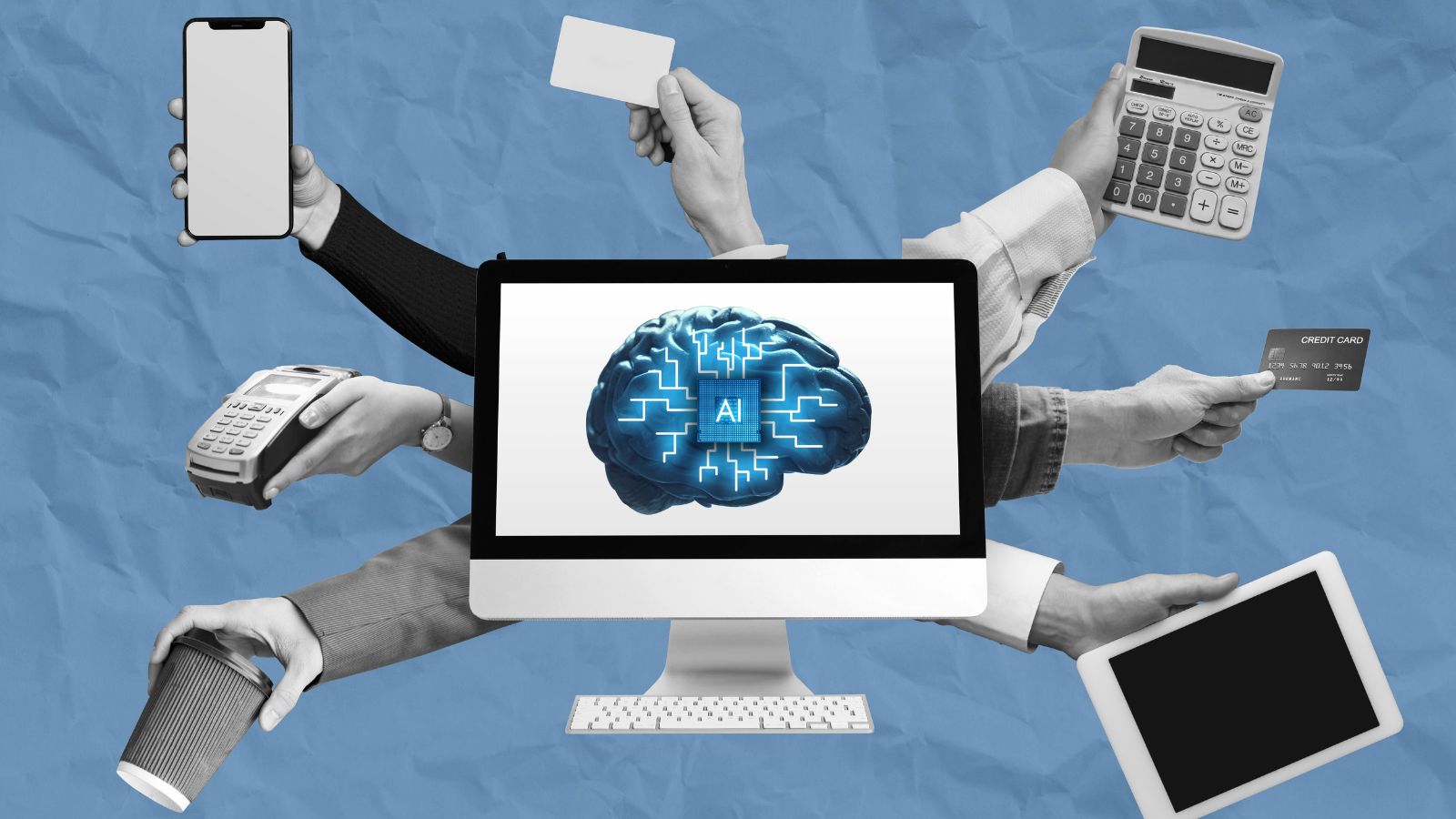
AI excels in areas where work is routine and regularly performed without much variation. Frequently, these include tasks such as data entry, assembly line work, or transaction processing, which AI can perform better than people. These technologies not only enhance efficiency but also reduce operational costs for businesses. This is evident in manufacturing companies, where robotic systems gradually replace workers performing repetitive tasks, and similarly in offices, where software programs automatically handle data entry.
Self-Service Technologies

Many tasks that previously required face-to-face human interaction are now handled by self-service technologies (SSTs). Customers are increasingly encouraged to use automated booths, self-checkouts, and online systems. These systems are particularly popular in retail, hospitality, and banking, where speed and convenience are prioritized. This shift not only profits businesses by saving money but also benefits consumers, as services are delivered faster and without delays.
Smarter AI Assistants
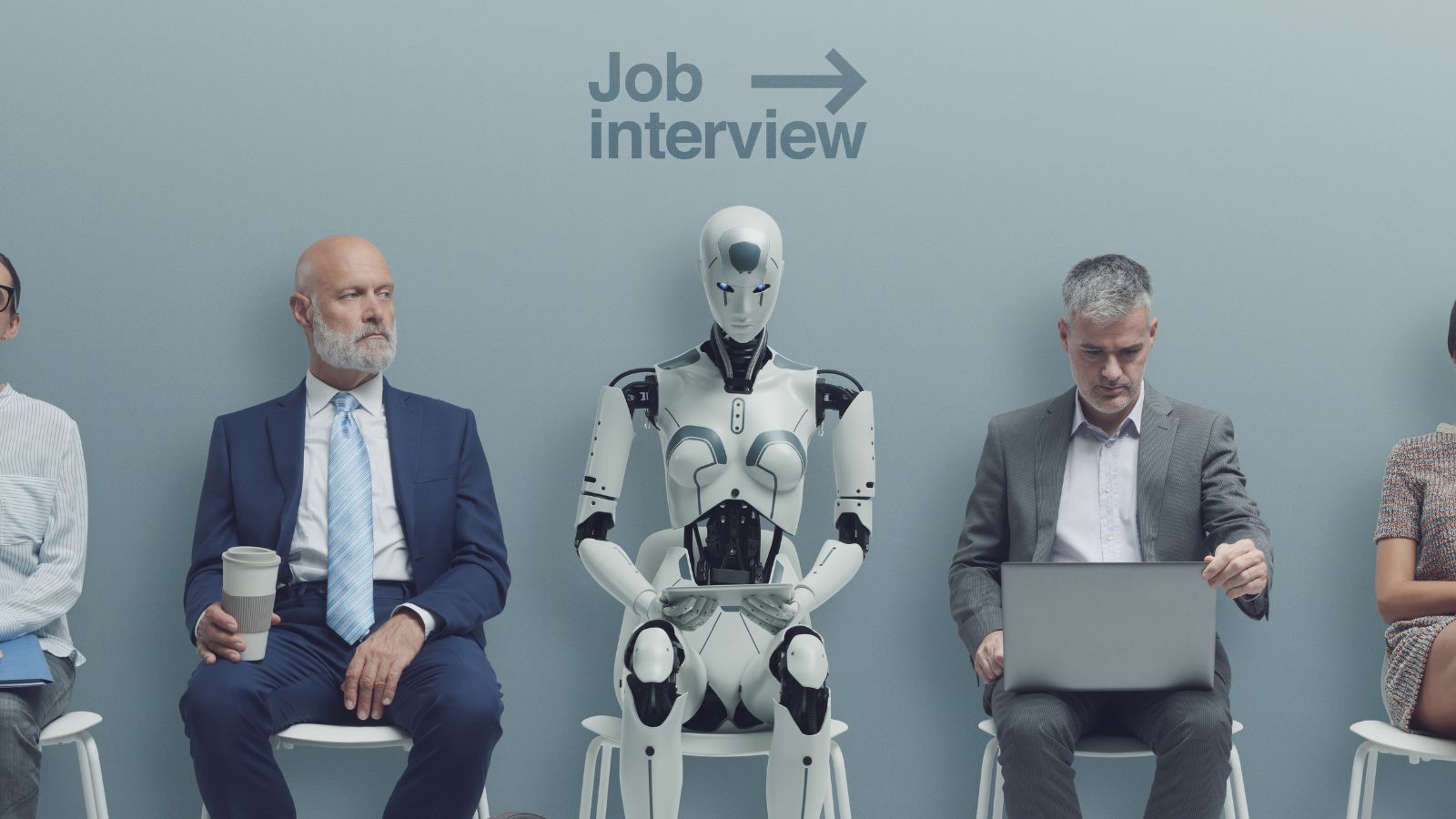
Many people are familiar with voices like Siri and Alexa. These tools can organize meetings and calls, answer customers’ questions, and analyze data. As AI advances, these assistants are becoming more efficient and capable of handling complex tasks. Jobs such as secretaries, administrative assistants, or appointment schedulers are increasingly being automated. Many routine administrative tasks that humans once performed are now handled by AI at a lower cost, offering businesses significant savings.
Advancements in Robotics
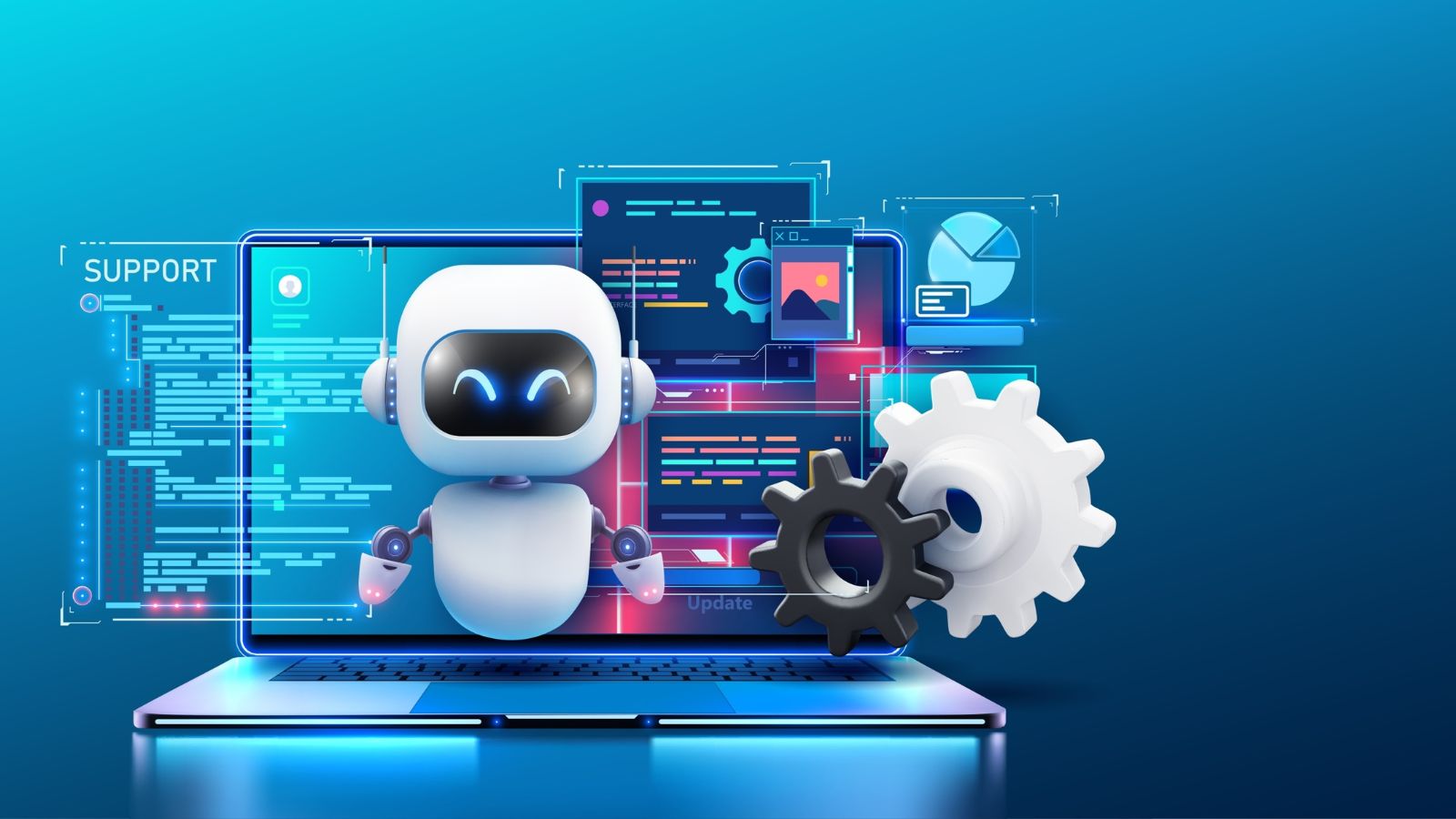
Advanced technologies are no longer limited to industries; they are now moving into areas such as cleaning, cooking kitchens, construction sites, and delivery services. In warehouses, robots handle sorting, packing, and even delivery, while in restaurants, robots take on roles as cooks and waitstaff. These advancements make robots a more attractive alternative to hiring human workers due to their efficiency and reliability. As robotics advances and becomes cost-effective, employment opportunities in these fields will be significantly reduced.
AI in Healthcare

The healthcare industry faces significant pressure from AI, which can automate many diagnostic and administrative tasks. For example, algorithms can interpret medical scans, predict patient outcomes, and suggest potential solutions, much like doctors. AI-powered tools also enhance accuracy and speed in diagnosing diseases, often outperforming human capabilities. This trend is a serious concern for lab technicians, radiologists, and administrative staff who handle medical data, as their roles risk becoming increasingly redundant.
Automated Driving

Automated transportation, particularly self-driving cars, promises to revolutionize the transport sector dramatically. Companies like Tesla, Waymo, and Uber are developing autonomous vehicles capable of operating with minimal human intervention. Self-driving cars, trucks, and delivery robots may soon displace jobs such as truck drivers, delivery personnel, and taxi drivers. In addition to reshaping employment, this transformation could improve road safety and efficiency and significantly impact the economic landscape, especially in industries reliant on human drivers.
Content Creation by AI
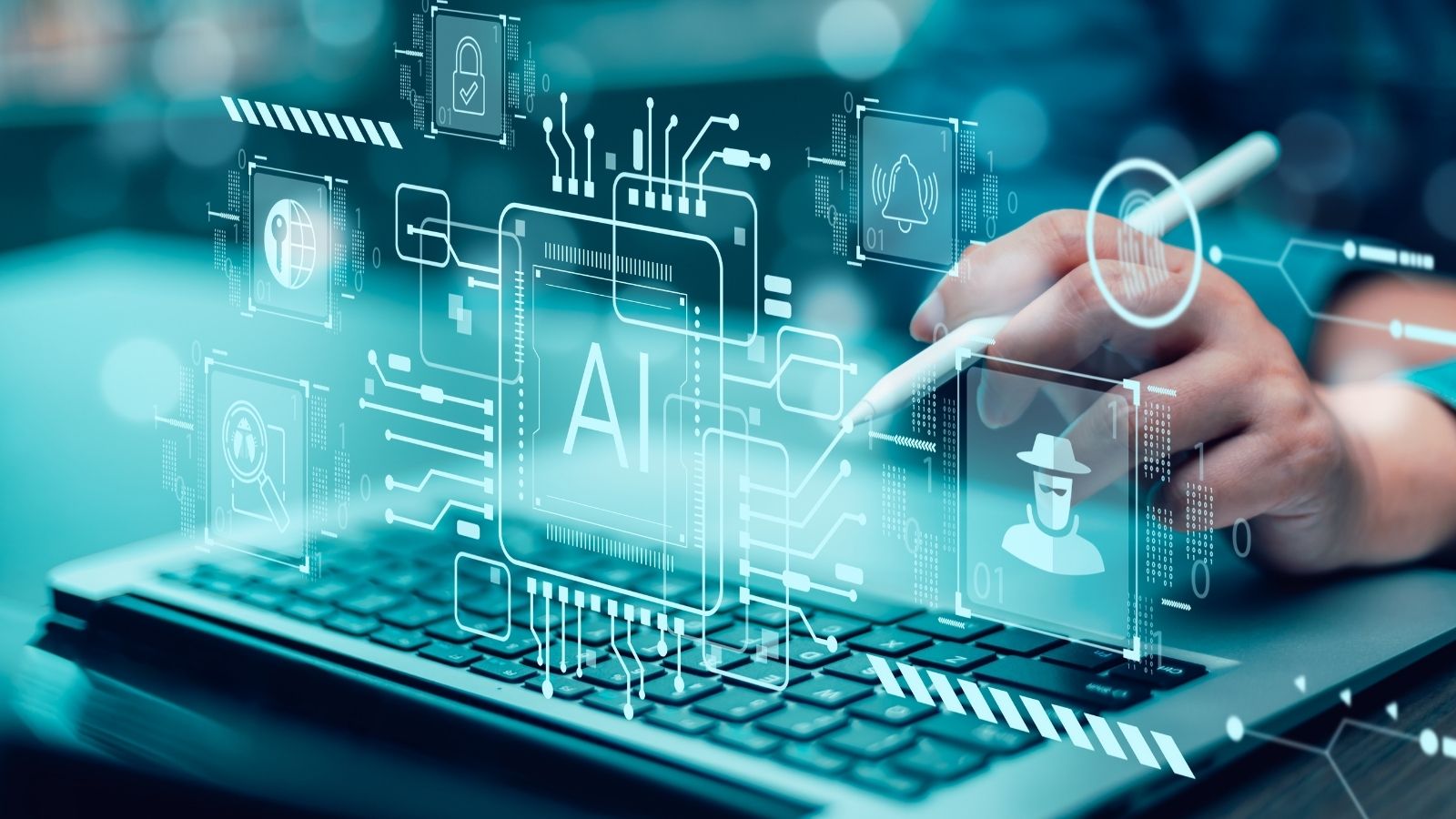
Creative industries are at the forefront of AI advancements. Tools like ChatGPT, the DALL·E engine, and other AI-driven content creation platforms can now write articles, compose music, and create artwork. These tools allow businesses to produce content more quickly and at a fraction of the cost. While AI-generated content is not as nuanced or imaginative as human creations, it is often acceptable for business purposes. As a result, copywriters, graphic designers, and video producers may face job disruptions as companies prioritize efficiency and cost savings.
Decline in Retail Jobs
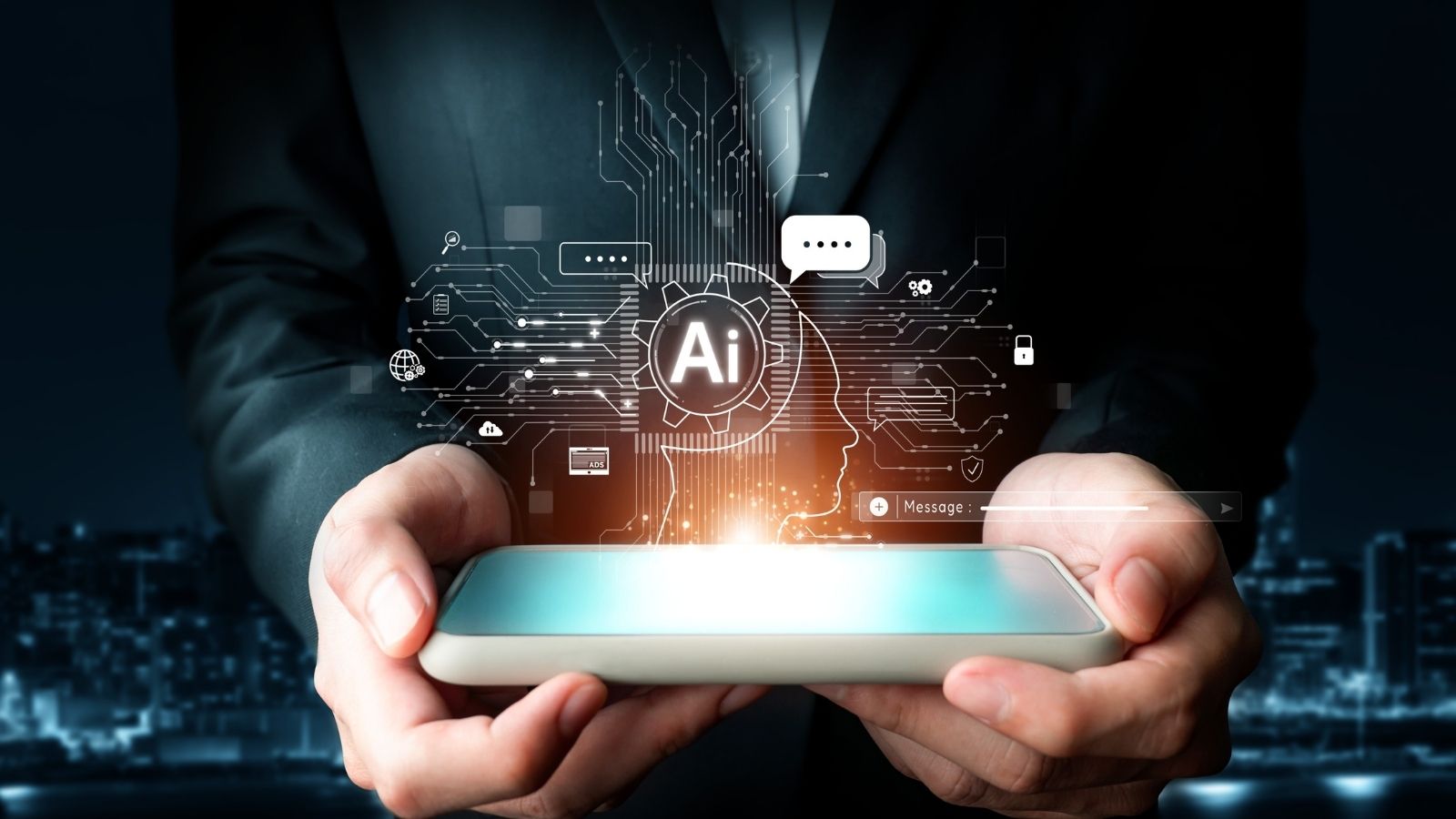
The retail sector is undergoing significant changes due to e-commerce and automation. Operational processes such as online stores, computerized distribution centers, and AI-powered stock management systems are replacing traditional retail roles. Additionally, automated checkout systems and inventory management tools further reduce the need for human labor in physical stores. Physical stores require fewer workers compared to online operations, and many warehouses now employ robots for tasks like shelf stocking, packing, and order fulfillment. This shift has already reduced retail employment and is set to accelerate in the coming years.
AI-Powered Customer Support

Customer service is one of the fields where AI applications are most prevalent. Many large companies now use chatbots and virtual assistants to handle customer queries with minimal human intervention. These AI systems can provide instant responses, solve common issues, and even guide customers through complex processes. While this allows organizations to reduce costs and deliver services more efficiently, it also leads to fewer job opportunities in the customer service sector, particularly for roles that once required human interaction.
Financial and Legal Automation

AI is highly effective in processing financial transactions, conducting audits, and analyzing contracts. In the legal field, the software can review documents, identify relevant laws, and even draft business contracts with great accuracy, streamlining tasks that once required human professionals. While these tools may not eliminate all roles, they are likely to reduce jobs such as junior accountants, junior lawyers, and legal assistants—positions that traditionally served as entry-level opportunities in these fields. As AI continues to evolve, these jobs may become increasingly automated, limiting career prospects in these areas.
Job Consolidation

AI tools enable businesses to reduce their workforce by consolidating multiple tasks into one system. For instance, AI can help a small business automate marketing, accounting, and customer service processes, eliminating the need for separate teams. As AI systems become more versatile, companies can perform the same functions with fewer employees, leading to job losses across various fields. This consolidation trend can result in fewer specialized positions as businesses optimize efficiency and minimize labor costs through automation.
Conclusion
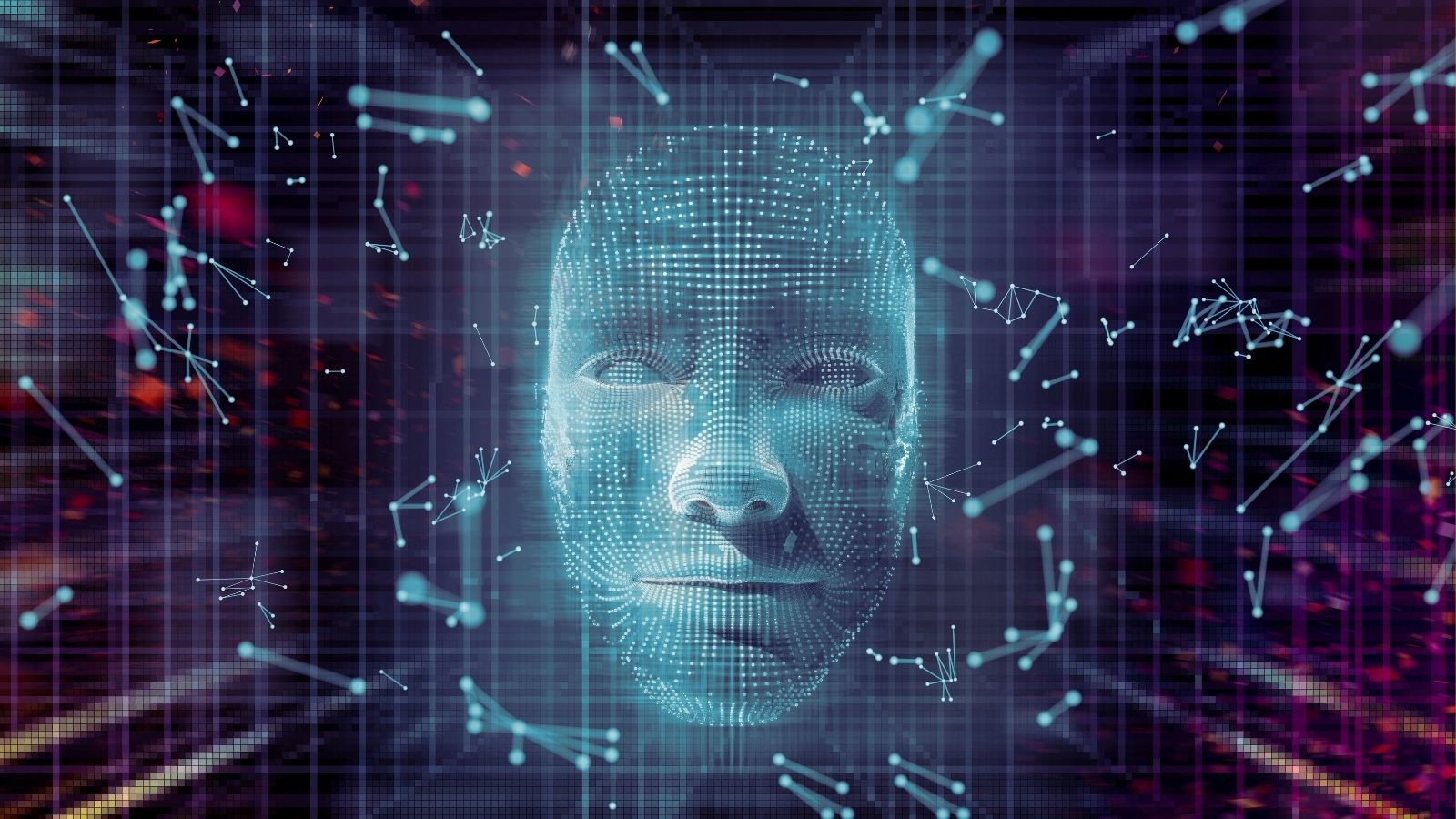
Recent trends in AI have given rise to new professions that were unimaginable just a few years ago. While old jobs disappear, new opportunities emerge for those willing to embrace them. Whenever technological changes occur, the workers who adapt and learn new skills are the ones who benefit the most. Therefore, the key to surviving the AI revolution is adaptability, continuous learning, and readiness to embrace change. If you do not start planning for how you want your career to evolve, you may risk becoming irrelevant in the face of rising artificial intelligence.
25 Countries Predicted to Become Economic Superpowers in the Next 20 Years

The strength of an economy plays a crucial role in various international policies about trade and relations. Certain factors determine the strength of an economy, including population growth, availability of resources, and development and advancement. Here are 25 countries predicted to become economic superpowers in the next 20 years
25 Countries Predicted to Become Economic Superpowers in the Next 20 Years
